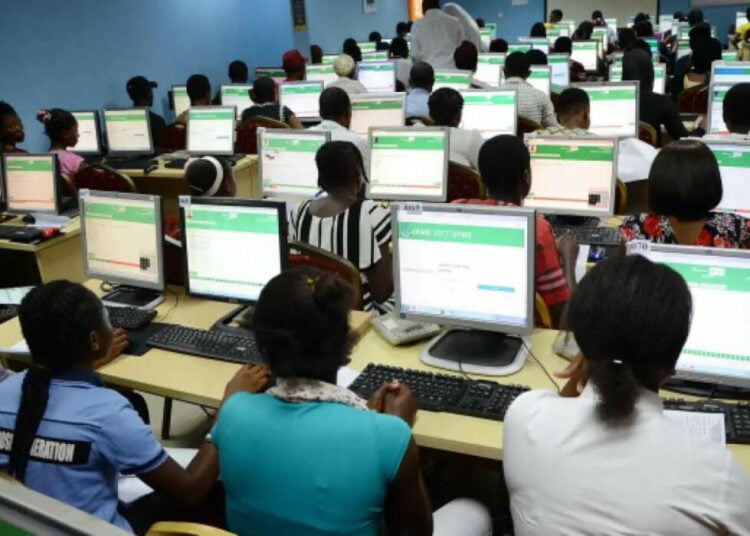As schools across the country gear up to release admission lists for the new academic session, the recurring menace of admission racketeering has once again come under the spotlight.
Each year, thousands of anxious students and parents fall prey to fraudulent individuals who exploit the desperation for university placements.
Admission racketeering the illegal sale or manipulation of admission slots has long plagued Nigeria’s education system.
The problem persists despite digital reforms introduced by the Joint Admissions and Matriculation Board (JAMB) and tertiary institutions to sanitise the process.
At the centre of this malpractice are syndicates that pose as insiders within institutions, promising guaranteed admission in exchange for large sums of money.
Some operate through social media platforms, where fake admission letters and counterfeit JAMB notifications are sold to unsuspecting candidates.
Education stakeholders say the situation worsens around this time of year when schools begin offering provisional admissions and thousands of applicants face uncertainty about their chances. The desperation to secure a slot often drives students and parents to seek shortcuts.
While JAMB has repeatedly warned against engaging with touts or unauthorised agents, reports indicate that fraudulent activities persist within and outside some campuses.
In certain cases, even administrative staff have been implicated, offering admission letters in exchange for money, sexual favours, or connections.
Experts believe that tackling the menace requires more than warnings, but tighter institutional accountability, digital transparency, and stronger sensitisation for students to keep away from fraudsters.
An education analyst, Mrs Mary Amene, said admission racketeering thrives on ignorance and desperation.
According to her, most parents who should have known better are the ones pushing their children to look for someone to help secure admission.
She said, “Many parents are not aware that the entire admission process can now be verified online through JAMB’s Central Admission Processing System (CAPS). But some still believe human influence can override merit.
“There should be severe sanctions for both internal and external collaborators. When people see that those caught are punished, others will think twice.”
JAMB’s recent reforms, including the introduction of CAPS and direct data synchronisation between institutions and the board, have significantly reduced manual manipulation.
Beyond enforcement, observers said awareness and civic education remain crucial. Many genuine applicants still do not understand that every legitimate admission must reflect on the JAMB portal before acceptance.
The board has urged all candidates to verify their admission status only through official channels.
As Nigeria moves towards a more transparent education system, curbing admission racketeering must remain a shared responsibility among regulators, institutions, parents, and students alike.
Every fraudulent admission not only denies a qualified candidate the opportunity to learn but also undermines the integrity of the entire education sector, according to experts.
Recently, the management of the University of Abuja (now Yakubu Gowon University) expressed concern over reports of individuals extorting money and other valuables from admission seekers under the pretext of securing admission.
The University clarified that admission into all its programmes is free of charge. The institution does not collect money or any form of gratification for admission.
Mrs Roseline O. Adakayi, the Acting Registrar, said: “Members of the public are therefore warned to beware of fraudsters. Anyone who gives or receives money for admission does so at their own risk and will be dealt with according to the law.
“Admission into the University of Abuja is strictly based on merit and transparency.”





